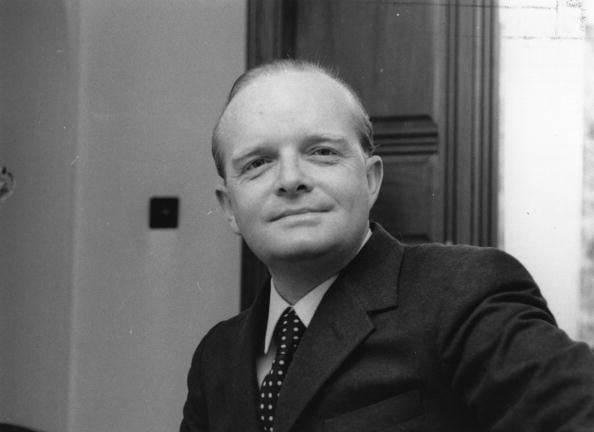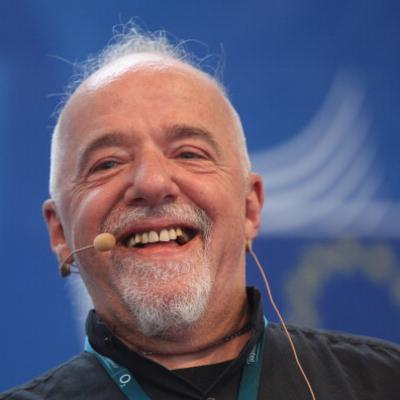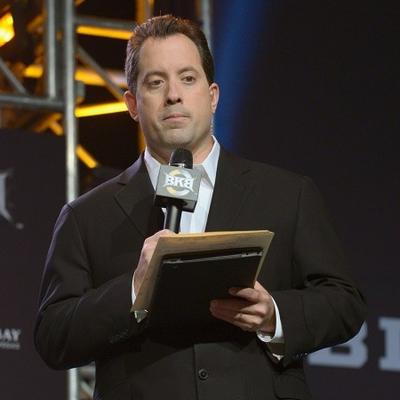What was Truman Capote's Net Worth?
Truman Capote, an iconic American author, screenwriter, and playwright, amassed a net worth of $10 million. He is celebrated for his works "Breakfast at Tiffany's" and "In Cold Blood," the latter being a non-fiction novel about the murder of a Kansas family, which took him six years to research and write. Many of his works have been adapted for film and television, and Capote himself has been the subject of numerous works for the screen and stage.
Capote had a challenging upbringing and began writing at the age of 11. He gained early critical success with "Miriam" in 1945, which attracted attention from Random House. This led to a contract to write "Other Voices, Other Rooms" in 1948. He collaborated with his lifelong friend, author Harper Lee (author of "To Kill a Mockingbird"), on "In Cold Blood," spending six years on it. The 1961 film "Breakfast at Tiffany's" was based on Capote's novel, and "In Cold Blood" became a TV movie in 1996.
Truman Capote passed away on August 25, 1984, at 59 years old due to liver cancer.
Early Life and Education
Truman Capote was born on September 30, 1924, in New Orleans, Louisiana, to Archulus and Lillie. When he was two, his parents divorced, and he was raised by his mother's relatives in Monroeville, Alabama. In Monroeville, Capote befriended Harper Lee, who would later write the classic novel "To Kill a Mockingbird." As a lonely child, Capote taught himself to read and write, beginning to craft fiction by age 11. By then, he was living in New York City with his mother and her second husband, a Cuban bookkeeper. Capote attended Trinity School, St. Joseph Military Academy, Greenwich High School in Connecticut, and finally the Franklin School in New York City.
Career Beginnings
While a student at Franklin, Capote worked at The New Yorker in the art department as a copyboy. He held the job for two years until being fired for upsetting poet Robert Frost. Following this, he pursued writing as his primary career. Between 1943 and 1946, he wrote several short stories, including "Miriam," "My Side of the Matter," and the O. Henry Award-winning "Shut a Final Door." His works were published in esteemed magazines such as Harper's Bazaar, Mademoiselle, and Story. During this period, Capote also wrote his first novel, "Summer Crossing," though it wasn't published until 2006.
First Published Novels
Thanks to the success of his short story "Miriam," Capote secured a contract with Random House in the late 1940s. With a $1,500 advance, he wrote "Other Voices, Other Rooms," published in 1948. This semi-autobiographical novel, set in Alabama, was a major success, remaining on the New York Times Best Seller list for nine weeks. Capote then released the collections "A Tree of Night and Other Stories" and "Local Color." His second novel, "The Grass Harp," was published in 1951, followed five years later by the journalistic work "The Muses Are Heard."
Breakfast at Tiffany's
In 1958, Capote published "Breakfast at Tiffany's," which includes the titular novella and stories such as "House of Flowers," "A Diamond Guitar," and "A Christmas Memory." Holly Golightly, the protagonist of "Breakfast at Tiffany's," became one of his most iconic characters, portrayed by Audrey Hepburn in the 1961 film adaptation directed by Blake Edwards. The novella was later adapted into a stage musical and a play.
In Cold Blood
Capote published "In Cold Blood" in 1966, following a six-year period of rigorous journalistic inquiry. The book investigates the 1959 murder of a Kansas family, a story Capote learned about from a brief article in the New York Times. He deeply immersed himself in the project, connecting with everyone involved in the investigation and the local community. "In Cold Blood" became a worldwide bestseller, earning Capote significant literary acclaim. A year later, the book was adapted into an Oscar-nominated film directed by Richard Brooks.

Getty Images
Film, Television, and Stage
Beyond books and short stories, Capote contributed to film and stage scripts. In 1952, he adapted "The Grass Harp" into a Broadway play. The following year, he co-wrote the screenplay for John Huston's "Beat the Devil" and penned dialogue for Vittorio De Sica's "Terminal Station." In 1954, Capote wrote the lyrics and book for the Broadway musical "House of Flowers." He co-wrote the screenplay for the 1960 psychological horror film "The Innocents," based on Henry James' novella "The Turn of the Screw." His other screenwriting efforts include the television film "A Christmas Memory," adapted from his own short story. Capote himself became an iconic figure, inspiring several biographical works.
In 1990, he was portrayed by Robert Morse in the Broadway play "Tru," adapted from Capote's own words. Bob Kingdom created "The Truman Capote Talk Show" in 1994, another one-man show about the author. In 2005, Bennett Miller directed "Capote," a biographical film starring Philip Seymour Hoffman in an Oscar-winning performance. Toby Jones portrayed Capote in 2006's "Infamous."
Personal Life and Death
Openly gay, Capote had relationships with men like literature professor Newton Arvin and writer Jack Dunphy. He was famed for his high-pitched voice, effete demeanor, and flamboyant fashion, circulating among elite celebrities. In the 1970s, Capote acquired a home in Palm Springs, California, engaging in a lifestyle marked by substance abuse. He frequented rehab clinics and had a tumultuous relationship with bank executive John O'Shea. Capote became increasingly reclusive after a seizure in the early 1980s required hospitalization. He passed away in August 1984 from liver disease, compounded by drug intoxication and phlebitis.








